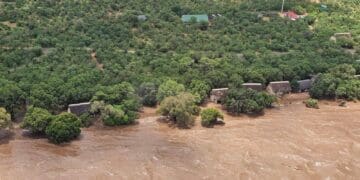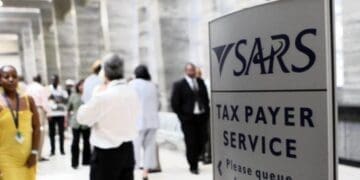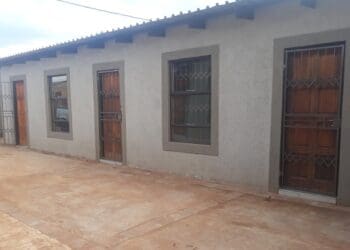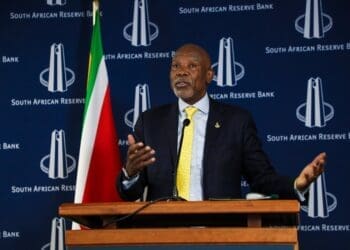By: Anna Majavu
The Department of Small Business Development (DBSD) has released a new draft SMMEs and Co-operatives Funding Policy that does not set aside any new money for the small enterprises, but instead relies heavily on private banks for its success.
DSBD Minister Stella Ndabeni-Abrahams released the policy on 3 May, with the deadline for public comments set for 28 May.
The draft policy aims to enable the country’s 3.2 million SMMEs and 43,062 co-operatives “to achieve their full potential in terms of contributing to inclusive economic growth”.
It says that direct government support in the form of grants and loans to SMMEs amounts to R17 billion, however, R590 billion is needed to fund the South African SMME sector.
Although a lack of start-up capital is what prevents many people from starting new SMMEs, “grant funding and other direct means of support are not sustainable at scale”, and the private sector will need to support new funding for start-ups, says the draft policy.
However, it concedes that the private banking sector directs “the majority of its lending at larger and more established businesses rather than the small and micro segment which struggles to meet bank lending requirements”.
The draft policy proposes that the private sector be drawn into supporting SMMEs through a new central fund that could announce funding in certain sectors, such as health technology start-ups, and then work with private capital to raise targeted finance for SMMEs in this sector.
It also says a “Fund of Funds” could be established, financed from the 1% of net profit after tax levied against Broad-Based Black Economic Empowerment companies as an Enterprise Development levy.
Because the pool of money from this levy is frequently underspent, the money could be diverted to the Fund of Funds. But the draft policy then backtracks, saying “care must be taken to ensure that this is only implemented in case of access to finance market failures and not as an alternative to finance markets”.
It also makes it clear that there is currently no new money to increase credit guarantees for SMMEs, currently run through the Khula Credit Guarantee in the Small Enterprise Finance Agency (Sefa).
It only says that following recommendations by the World Bank, the credit guarantee has increased to R1.9 billion, and that “the DSBD and Sefa will continue to solicit funding to recapitalise the scheme from both the national government as well as international direct foreign investment partners”.
Yet more than three years ago, the Trade and Industrial Policy Strategies (Tips) research unit proposed that a national credit guarantee agency be set up, and that detailed credit guarantees for different sized businesses be put in place.
These would include a credit card with a R20,000 limit for very small and microbusinesses that could be swiped at wholesalers only to pay for materials.
Tips also said if a credit guarantee for those banks who agreed to pay up to 1% of their loan portfolio as guarantee fees was set up, this would increase the amount of money loaned to SMMEs by the banks by 10%.
The research institute warned at the time that South Africa was behind many other countries. The Khula Credit Guarantee had only guaranteed R135-million in SMME loans by 2019, whereas Chile, Malaysia and India had guaranteed between R12 billion and R42 billion in loans to SMMEs by 2017.
The draft policy also wants to set up a new “national co-ordination forum” of at least 16 government departments, banks, regulators and associations linked to the SMME and co-operative sector to ensure that SMMEs and co-operatives get better access to loans.
It proposes a new co-operatives development fund. But says this should prioritise co-operatives that are labour intensive, produce goods for the export market and avoid business that requires large amounts of water, even though the biggest group of co-operatives are agricultural.
Ndabeni-Abrahams adds optimistically that she anticipates that private financiers will adopt and implement the policy, but the draft policy is silent on how the government will compel commercial banks to do this.


























































